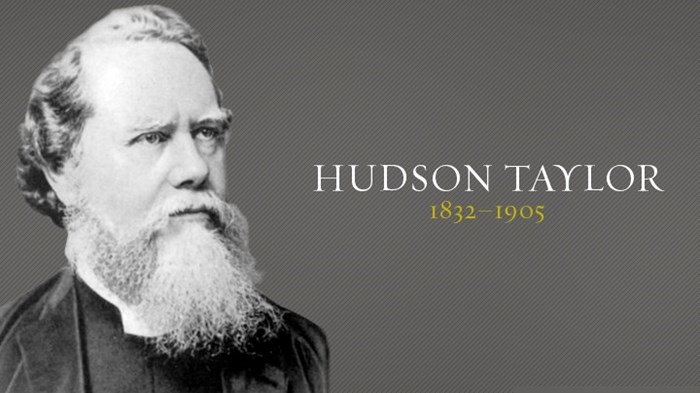12 giving thanks to the Father, who has qualified you to
share in the inheritance of the saints in light. 13 He has delivered us from
the domain of darkness and transferred us to the kingdom of his beloved Son, 14
in whom we have redemption, the forgiveness of sins.
Colossians 1:12-14
Sophie Kilsman, 89,
remembers the day in April 1945 when American troops liberated her and hundreds
of other Jews from the Salzwedel concentration camp. It was there that her Nazi
overlords forced her to work making their bullets during the last years of
World War II. “When we saw the iron gates swing open and American troops coming
to our rescue we thought ‘My God, they are angels sent to rescue us,’” Sophie
said.
In 2019 The Detroit
News ran a feature about Sophie’s Holocaust survivor story, who had been a
Detroit native for decades. That same day the article appeared in the paper,
another Detroit native, 95-year-old Doug Harvey, read the story as was
immediately fascinated. And with good reason—turns out, Harvey was a private in
the 84th Infantry Division that liberated Klisman and others from the Salzwedel
concentration camp. The sights and sounds of that day never left Harvey, “I
remember well the happy women on the road waving at us. It was the only time in
our fight across Germany when we received such a welcome.”
Harvey wrote a letter to The
Detroit News about his connection with Sophie Kilsman and the newspaper
worked out a meeting for the two. The happy reunion occurred in May 2019. Among
friends and family, the two hugged and became fast friends. The reporter on the
scene wrote, “Sophie looked up at Harvey with an expression of amazement, as if
he had just arrived, a young man in uniform carrying a rifle, swinging open the
gates of a Nazi death camp, the stars and stripes emblazoned on the side of the
tanks and half-tracks nearby. ‘I’m very fortunate to meet you, and to thank you
for a lifetime. You gave me my life.’ she said.”[1]
As I read that incredible
story I am reminded of simple truth: Gratitude is the natural response of
the rescued.
Imagine you fall off the
side of an ocean liner and, not knowing how to swim, begin to drown. Someone on
the deck spots you, flailing in the water and throws you a life preserver. It
lands directly in front of you and, just before losing consciousness, you grab
hold for dear life.
They pull you up onto the
deck, and you cough the water out of your lungs. People gather around,
rejoicing that you are safe and waiting expectantly while you regain your
senses.
After you finally catch
your breath, you open your mouth and say: “Did you see the way I grabbed onto
that life preserver? How tightly I held on to it? I was all over that thing!”
Needless to say, it would
be a bewildering and borderline insane response. To draw attention to the way
you cooperated with the rescue effort denigrates the whole point of what
happened, which is that you were saved.
A much more likely chain
of events is that you would immediately seek out the person who threw the life
preserver, and you would thank them. Not just superficially, either. You would
embrace them, ask them their name, invite them to dinner and seek to build a
friendship.
As saved people how much
more should we live every day in gratitude towards our Savior. Because of
Christ’s liberating mission, we have been rescued from a horror worse than a
Nazi concentration camp—hell and eternal separation from God. There is nothing
greater that God could do for us than what He’s already done. As Charles
Spurgeon said, “While others are congratulating themselves, I have to sit
humbly at the foot of the cross and marvel that I'm saved at all.”
-DM
[1]
Gregg Krupa, “Holocaust survivor meets ex-GI: 'You gave me my life,’” The
Detroit News, 13 May 2019 <https://www.detroitnews.com/story/news/local/oakland-county/2019/05/13/holocaust-survivor-meets-ex-gi-you-gave-me-my-life/1128611001/>


